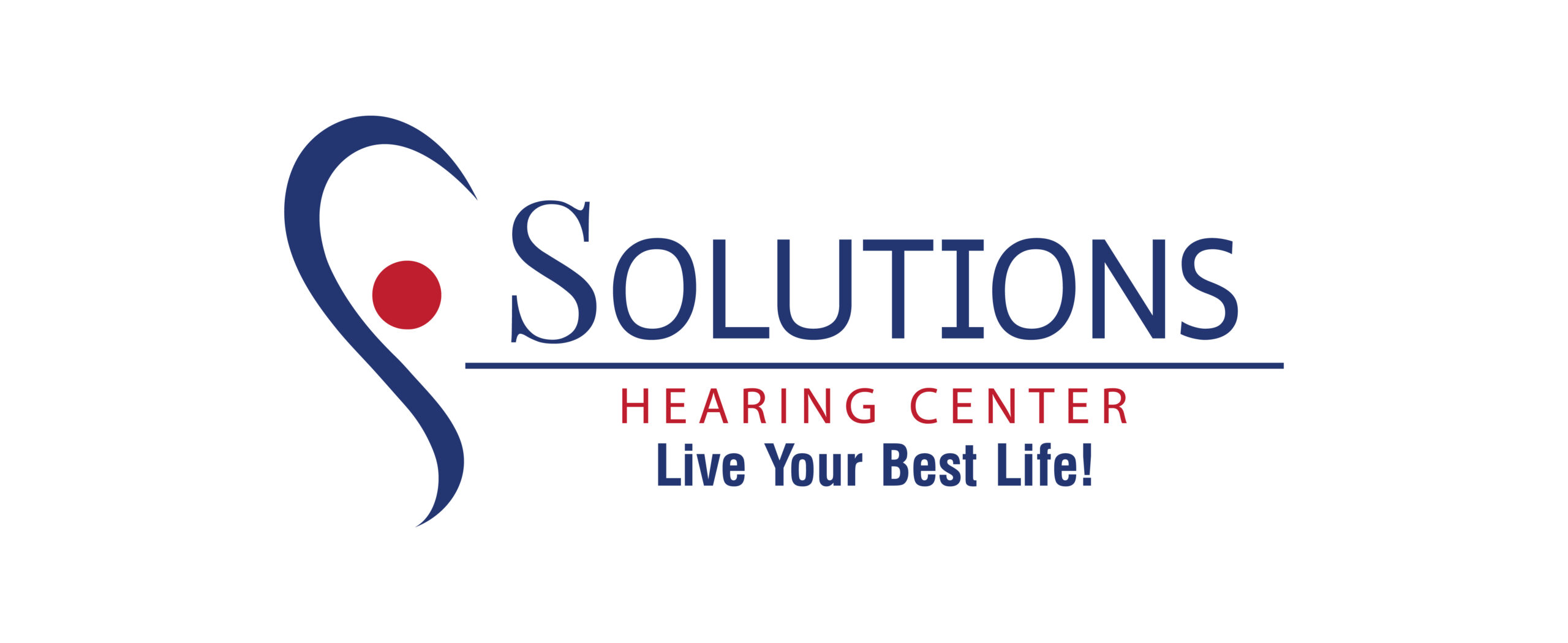As we age, it is important to understand the connection between aging and hearing decline. Hearing loss is a common condition that significantly impacts our daily lives. By exploring the facts and understanding the underlying causes of age-related hearing loss, we can take proactive steps to preserve our hearing health and seek appropriate treatment when necessary.
Age-related Hearing Loss: Exploring the Facts
Age-related hearing loss, also known as presbycusis, is the gradual loss of hearing that occurs as we get older. It is one of the most common conditions affecting older adults, with approximately one in three people aged 65 and older experiencing some degree of hearing loss. This prevalence increases to almost one in two people aged 75 and older.
Recognizing the signs and symptoms of age-related hearing loss is crucial. They may include difficulty understanding speech, especially in noisy environments, asking others to repeat themselves frequently, turning up the volume on the TV or radio, and a feeling of ringing or buzzing in the ears (known as tinnitus).
How Does Aging Affect Hearing?
Aging affects our hearing in several ways. Changes in the structure and function of the inner ear can lead to a decline in hearing ability. The small hair cells in the cochlea, responsible for converting sound waves into electrical signals, become less efficient over time. This reduction in hair cell function can result in difficulty hearing higher-frequency sounds, such as speech consonants.
Additionally, reduced blood flow and oxygen supply to the inner ear can contribute to age-related hearing loss. The delicate structures in the inner ear rely on a steady flow of nutrients and oxygen to function properly. As we age, the blood vessels supplying the inner ear can become less efficient, leading to damage and a decline in hearing.
Risk Factors for Age-related Hearing Loss
While aging is the primary risk factor for age-related hearing loss, there are additional factors that can contribute to its development. Genetic predisposition plays a role, as some individuals may be more prone to age-related hearing decline due to their family history.
Exposure to loud noises over time can also contribute to hearing loss. Long-term exposure to loud music, machinery, or occupational noise can damage the delicate hair cells in the inner ear, leading to gradual hearing decline.
Certain medical conditions and medications can have a detrimental impact on hearing health. Conditions such as diabetes, cardiovascular disease, and certain medications known as ototoxic drugs can all contribute to hearing loss.
The Impact of Age-related Hearing Loss on Daily Life
Age-related hearing loss can have a profound impact on our daily lives. Communication difficulties can arise, leading to frustration and social isolation. Conversations in noisy environments can become challenging, resulting in missed information and a strain on personal relationships.
Furthermore, studies have shown a connection between age-related hearing loss and cognitive decline. The reduced input of auditory stimulation to the brain can contribute to cognitive impairment and an increased risk of conditions such as dementia.
The challenges of age-related hearing loss can also extend to our professional lives. Difficulties in hearing and understanding colleagues, clients, or customers can hinder our performance and impact our job satisfaction.
Prevention and Management Strategies
While age-related hearing loss is a natural part of the aging process, there are steps we can take to prevent further decline and manage the condition effectively.
Regular hearing screenings are essential for early detection of hearing loss. By staying proactive and identifying any changes in our hearing abilities, we can take appropriate measures to address the issue.
Implementing lifestyle changes can also protect our hearing health. Avoiding long-term exposure to loud noises, using ear protection in noisy environments, and taking breaks from loud noise sources can all contribute to preserving our hearing abilities.
For individuals with age-related hearing loss, hearing aids and other assistive devices can significantly improve their quality of life. Modern hearing aids are discreet, technologically advanced, and can be customized to suit individual needs. They amplify sounds and enhance speech clarity, allowing for better communication in various environments.
Seeking Professional Help for Age-related Hearing Loss
Consulting an audiologist is crucial for individuals experiencing age-related hearing loss. Audiologists are hearing healthcare professionals who specialize in assessing and treating hearing disorders. They can conduct comprehensive hearing evaluations and provide customized treatment options based on individual needs.
Audiologists can help individuals find the right hearing aids and ensure proper fitting and adjustment for optimal results. They also provide ongoing support, counseling, and resources to help individuals adapt to their hearing loss and navigate daily challenges.
Understanding the link between aging and hearing decline is crucial for maintaining optimal hearing health as we get older. By recognizing the signs and symptoms, understanding the underlying causes, and taking proactive steps to protect our hearing, we can lead fulfilling lives and maintain strong personal relationships.
Remember to prioritize regular hearing screenings, make lifestyle changes to protect your hearing, and seek professional help when needed. Together, we can ensure that age-related hearing loss doesn’t stand in the way of enjoying life to the fullest. Take action today and embrace a future of better hearing and improved quality of life.

